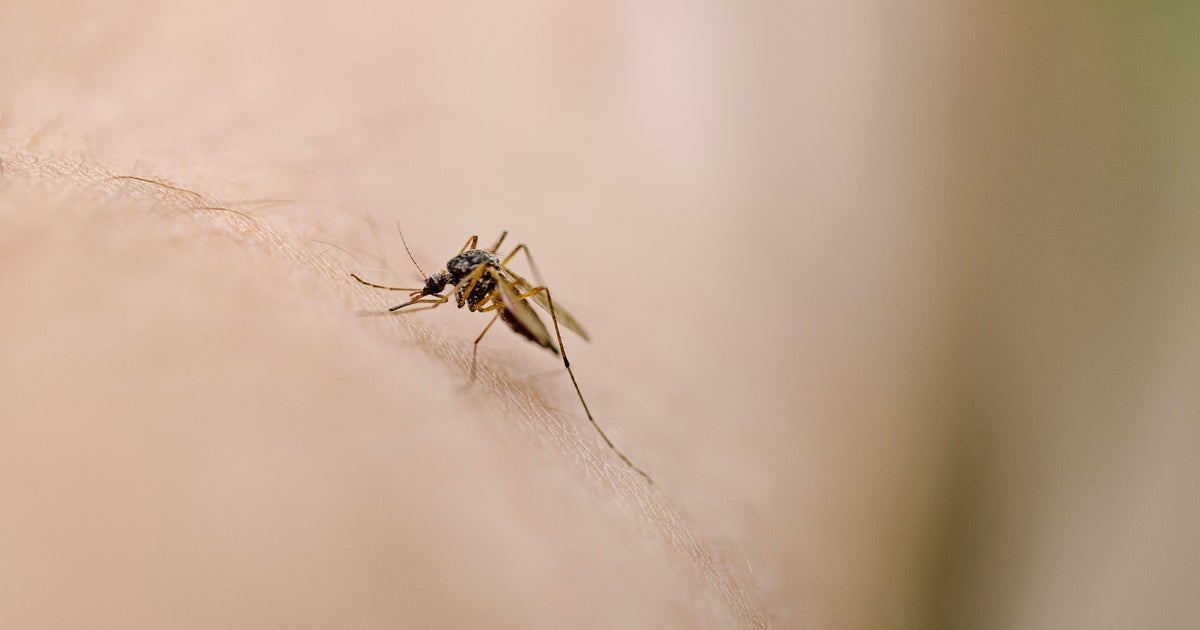Tick-Borne Diseases Rising, Here's How To Prevent Infection
CBS Local -- The weather is warming and health experts believe this summer will be plagued by a rising number of disease-carrying ticks. Despite the troubling outlook and jump in Lyme disease cases already being reported, doctors say there are some important steps you can take to prevent becoming infected.
The CDC says that if a tick is found attached to you early enough, there is still time to avoid infection. Ticks reportedly need to be attached to a person for 36 to 48 hours before the bacteria that transmits Lyme is passed to the bite victim. "It is important to carry out a regular tick check after participating in outdoor activities," a spokesman for Public Health England said, via International Business Times.
Doctors also warn that ticks like to climb upwards and will likely travel up a person's leg before attaching themselves. "They often attach where there was a constriction of clothing, like around the waistline," Barbara Thorne of the University of Maryland told NPR. "They're small, but they're not invisible."
If you're going out into the woods or other grassy areas, experts say you should follow these steps:
- Wear long clothing that covers the skin
- Tuck pant legs into your socks
- Use insect repellent on any exposed skin
- Wear light-colored clothing so ticks stand out
If bitten, getting treatment in the early stages is vital. Tick bites leave a large bull's eye-shaped rash on the skin. Lyme disease and other infections can be treated with antibiotics like doxycycline or amoxicillin if detected early enough. Early signs that a person has been infected include fever, chills, fatigue, and joint pain.
The CDC added that the number of diseases transmitted from mosquito, tick, and flea bites has tripled from 2004 to 2016. Lyme disease is one of the most common illnesses a tick bite can infect humans with. If left untreated, Lyme disease can eventually lead to inflammation of the brain and infections of the nervous system.







